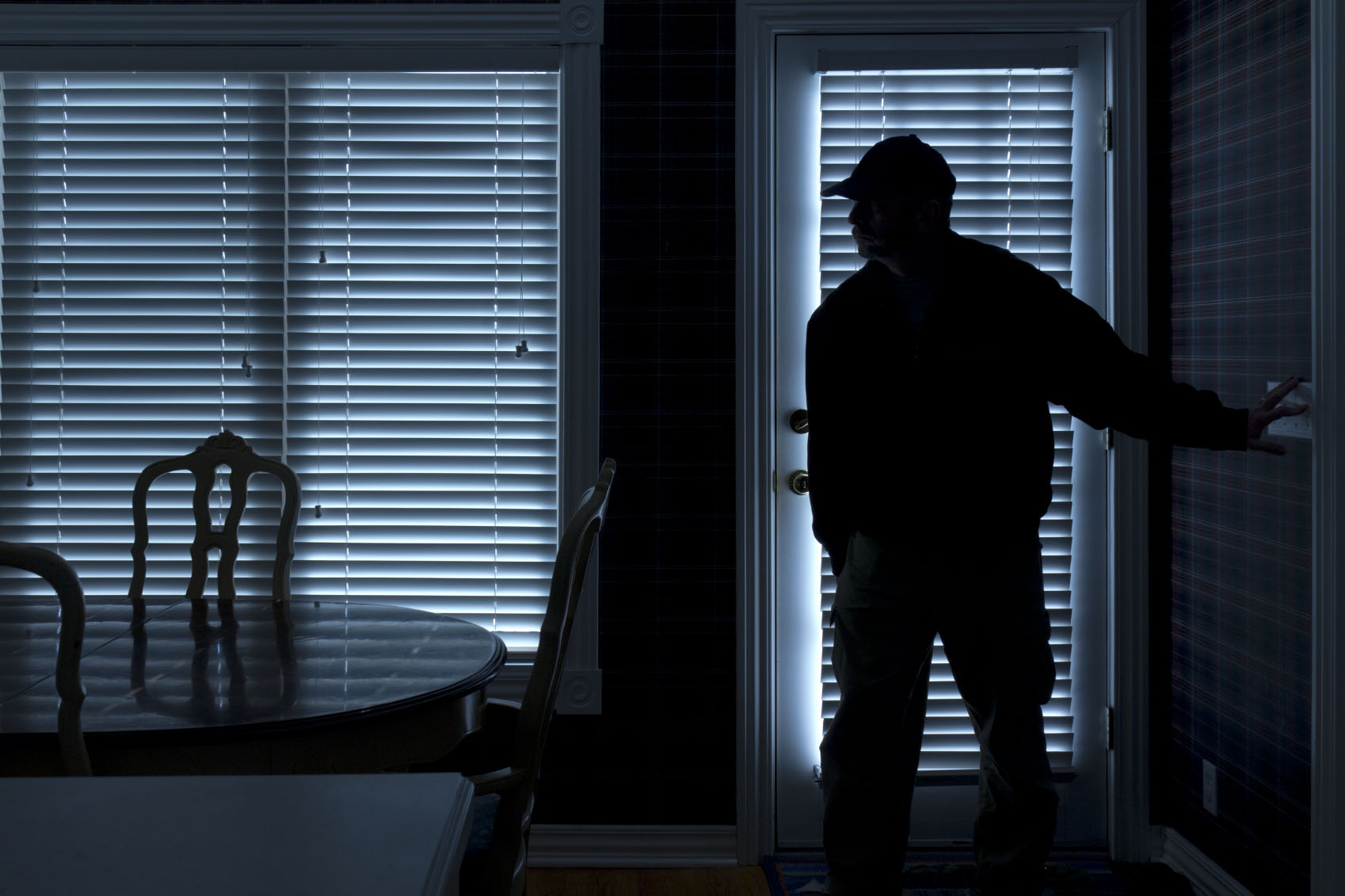Have you ever thought about the risk of displaying your whereabouts online? Many people do it without stopping to consider the dangers it could pose - including the fact that their online activity is giving burglars information they can use to target homes.
It’s commonplace nowadays to see people’s social media posts talking about their holiday plans. Quite often, that includes sharing details about the length and location of their trip then posting pictures and updates while they’re away. They don’t even have to be going on holiday; a large proportion of social media users post updates to tell people they’re heading out somewhere or ‘check in’ to tell people where they are at that moment. All of which advertises the fact they’re not at home.
What happens if this information is seen by someone with criminal intent? Once a burglar’s identified you’re away it’s extremely easy to look through other posts to identify your home town (if it’s not already sitting right there on your profile) then get your address off the electoral roll. They also have the additional bonus of Google Maps so they can take a look at your property beforehand. It doesn’t take long to gather the details they want and it’s been estimated that around 78% of burglars are using information from social media to target properties.
It could invalidate your insurance policy too
It’s not just the risk of alerting criminals to the fact your home is empty. Just imagine if you’ve suffered the horrible experience of being burgled - and then had your insurance claim rejected.
Many insurers now look at your social media activity if you’ve submitted a claim on your home insurance policy. Most insurance policies state you must take ‘reasonable care’ when it comes to securing your home and its possessions. If you’ve been posting about your holidays in a way that could be viewed as compromising that reasonable care, there’s a very good chance your insurer will tell you’ve invalidated your cover and they won’t pay out.
Remember, it doesn’t even need to be posting about going on your holiday. Making your whereabouts public, even if you’re just out for the day or even a few hours, could be viewed as not taking enough care to protect your home. Even a simple check-in on Facebook can be enough to lead to a claim being refused by an insurer. As can posts about any expensive possessions you’ve just acquired…
It’s enough to make you want to shut down all your social media accounts but actually there are ways to protect yourself – mostly by being careful about what you share and who you’re sharing with. As well as thinking before you post – upload those holiday photos once you’re back home for example - here are some other considerations to help you use social media while at the same time avoiding becoming a target for criminals.
Who can see your profile and posts?
Your settings are one of the most essential considerations in terms of protecting your personal information from someone who might use it against you. Secure your profile by checking your privacy settings and make sure that no one outside your trusted group of friends and family can see your details. Only invite people into your network that you know or have met and always keep in mind that it’s still possible for private posts to end up being shared.
Your own security settings can also be used to limit others tagging you too - even if you’ve not posted anything, being tagged by someone else at, say, an airport is a big clue that you might be going away.
Do you need all your information on your profile?
Social media sites create revenue by doing targeted advertising based on your personal information. It’s in their interests to get as many details from you as they can. But do you actually need to supply all that information and have it appear on your profile?
You can easily edit your profile to restrict your personal information online. It’s not only a good idea in terms of reducing the risk of burglary, it’s also unwise to share too much due to the risks of identity fraud or phishing attacks.
Is your geolocation on?
Most smartphones nowadays come with GPS trackers. If your GPS is enabled, it’s sharing your location which could reveal information like your home address or the fact you are away. Unless you really need to use it, switch it off.
As well as avoiding making yourself a target via social media, don’t forget there are
many other things you can do to protect your home from burglars. If you would like some further advice or would like to know more about our home security services, including
CCTV and
burglar alarm systems, then
please get in touch with us. 